Let’s Return to ...
An essay in response to “Decolonization: Patterns and Traps” by Heather Luna
After the WIBEFU session “Decolonization: Patterns and Traps” by Heather Luna on March 7th, I remembered something.
When I was nine years old I had a car accident.
While passing a crosswalk on Route 382 on my way back home from school, I was hit by a car driven by local young people.
I remember almost nothing of that day besides a vague memory of walking back home with two friends of mine, because when I was hit, I flew up in the air and landed on the asphalt on my head.
My mother was working nearby at that time, so she directly saw her son in a severe condition.
My forehead was cracked open.
That night in the ICU, I came back to consciousness only for a moment.
I saw a few silhouettes with blurry vision.
A doctor said to my parents,
“He is in a critical condition tonight.”
Then I sank deep again into the unknown.
I luckily passed the critical condition.
Then, after staying in ICU for about a week, I was moved to a hospital that had a neurosurgery department.
I was receiving a large syringe everyday, which was painful, but what I strongly remember more was the feeling of isolation, because the hospital was two hours away from home and I had never spent any days away from my family, although somebody from the family was visiting me almost everyday.
There was a lady in her 20s who was an illustrator in the bed next to mine, and she took care of me all the time.
She had a brain contusion and her right hand was paralyzed.
One day during a weekend, a group of guests came to see me.
It was the young people who experienced “the accident” together.
They wanted to apologize directly to me.
I was a bit scared of meeting them, and couldn’t really see their faces, but I heard, “I’m sorry.”
I don’t know why my parents gave permission for the meeting, but I’m very grateful for my parents now, because that allowed me to step onto the path towards forgiveness.
I actually have never seen them as “perpetrators.”
After Heather Luna’s session I revisited what I experienced when I was nine years old, and thought that this pattern of deciding who is “perpetrator” and who is “victim” immediately after something happens is colonialism.
If we just see the situation superficially, those young people might have been the perpetrators and I the victim, and my mind tried to convince me of that for the longest time, but deep within me I have never seen them as perpetrators.
Even after the accident, for a few decades that incident would pass through my mind from time to time.
And somehow what I was feeling each time was “guilt.”
At first I thought that I was feeling guilt because I worried my family.
However since I began consciously practicing meditation everyday, I’ve realized that I have the point of view of the driver (the perpetrator) as well.
I remember feeling that years and years of mystery was solved when I found that perspective.
We were taught to choose to be one or the other.
But we are all connected deep within.
Since having the experience of hovering between life and death, I’ve been living with this simple realization: tomorrow and even the next moment that we think we will obviously have might actually not happen.
Therefore I can start each day with gratitude, “I am alive today too.”
Those people who experienced the car accident with me also must have had necessary and important lessons through that incident.
And because they had that experience, there must have been something that only they could talk about.
If someone has been living happily now even though once they became “perpetrator”, I would be curious to hear what their journey was like.
I have never seen those young people since they visited me in the hospital, but I deeply feel that we’ve been co-existing.
Decolonization to me is a reduction process.
It is the work of diluting the labels and identities we’ve attached onto things, I feel, because without them what we perceive are only experiences of “us.”
Just as there is “life” before “my life.”
We’ve been in that process, and when we welcome the end of this, we will love everything we witnessed.
About a year ago I wanted to check the place where the car accident occurred on Google Maps.
There is a small hokora, a miniature Shinto shrine, by the accident scene on Route 382.
I was always passing by that on my way to school, but I had completely forgotten about it.
When I think of that day now, I feel after all those young people and I might have been protected.




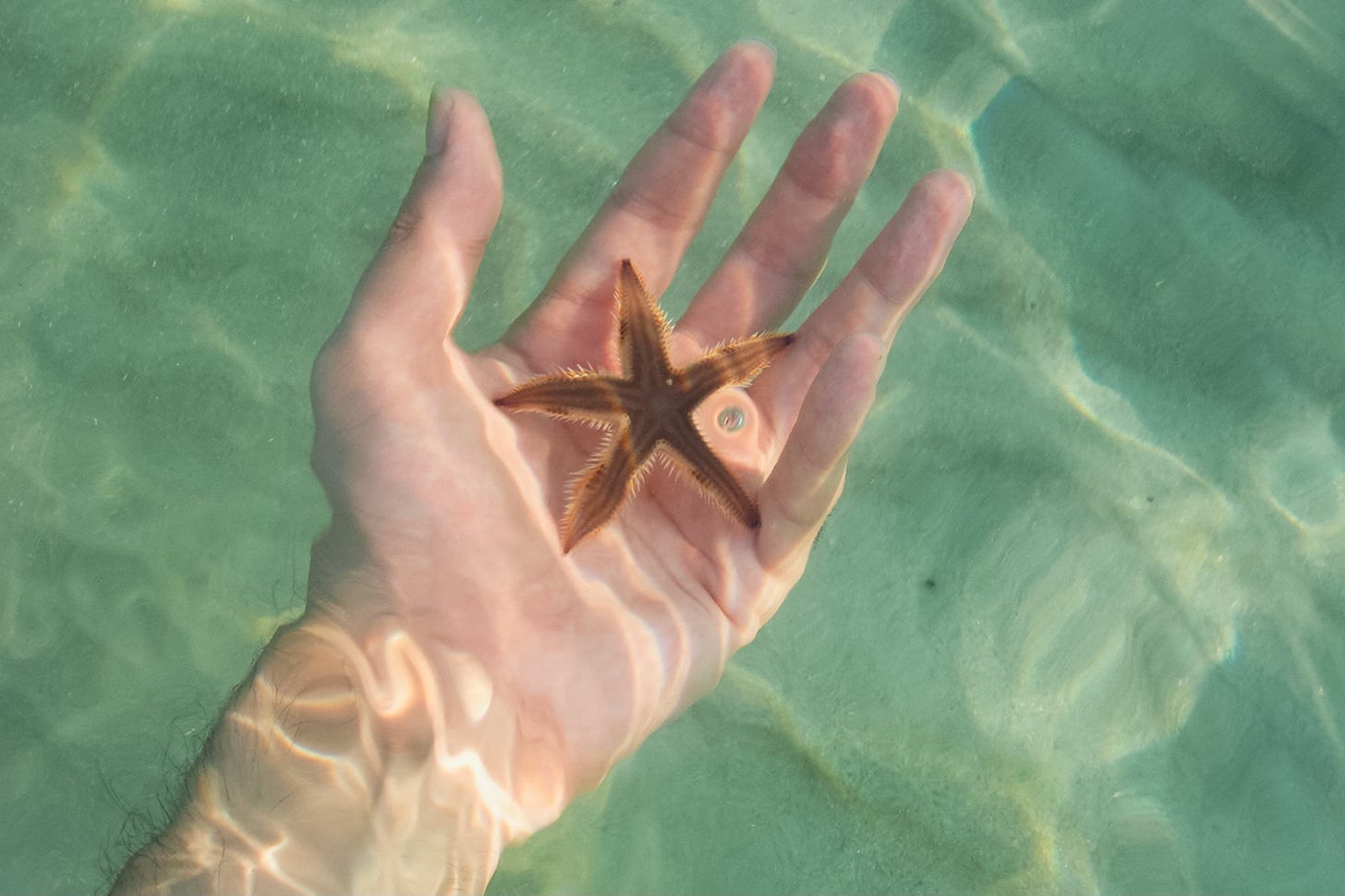
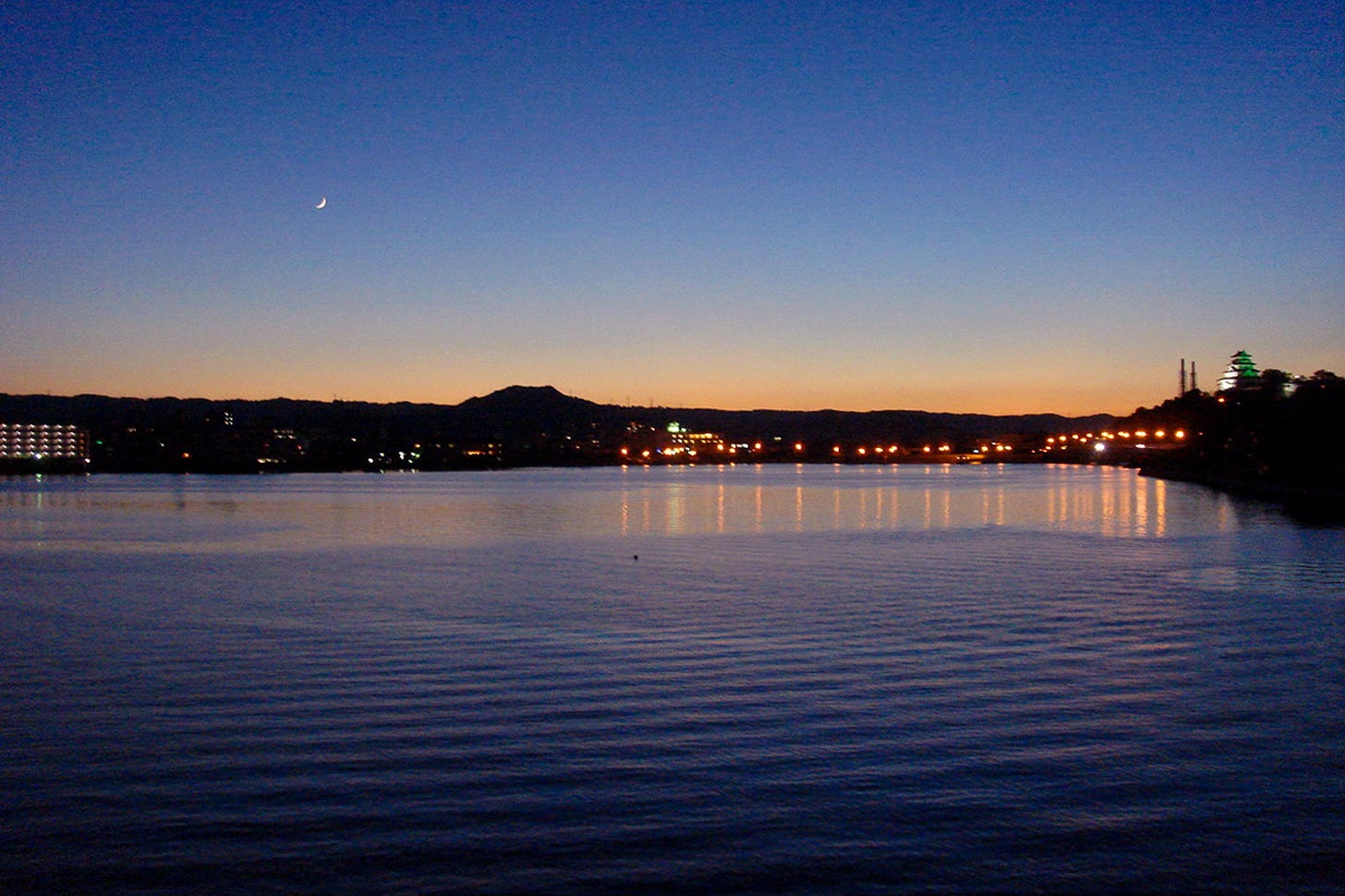
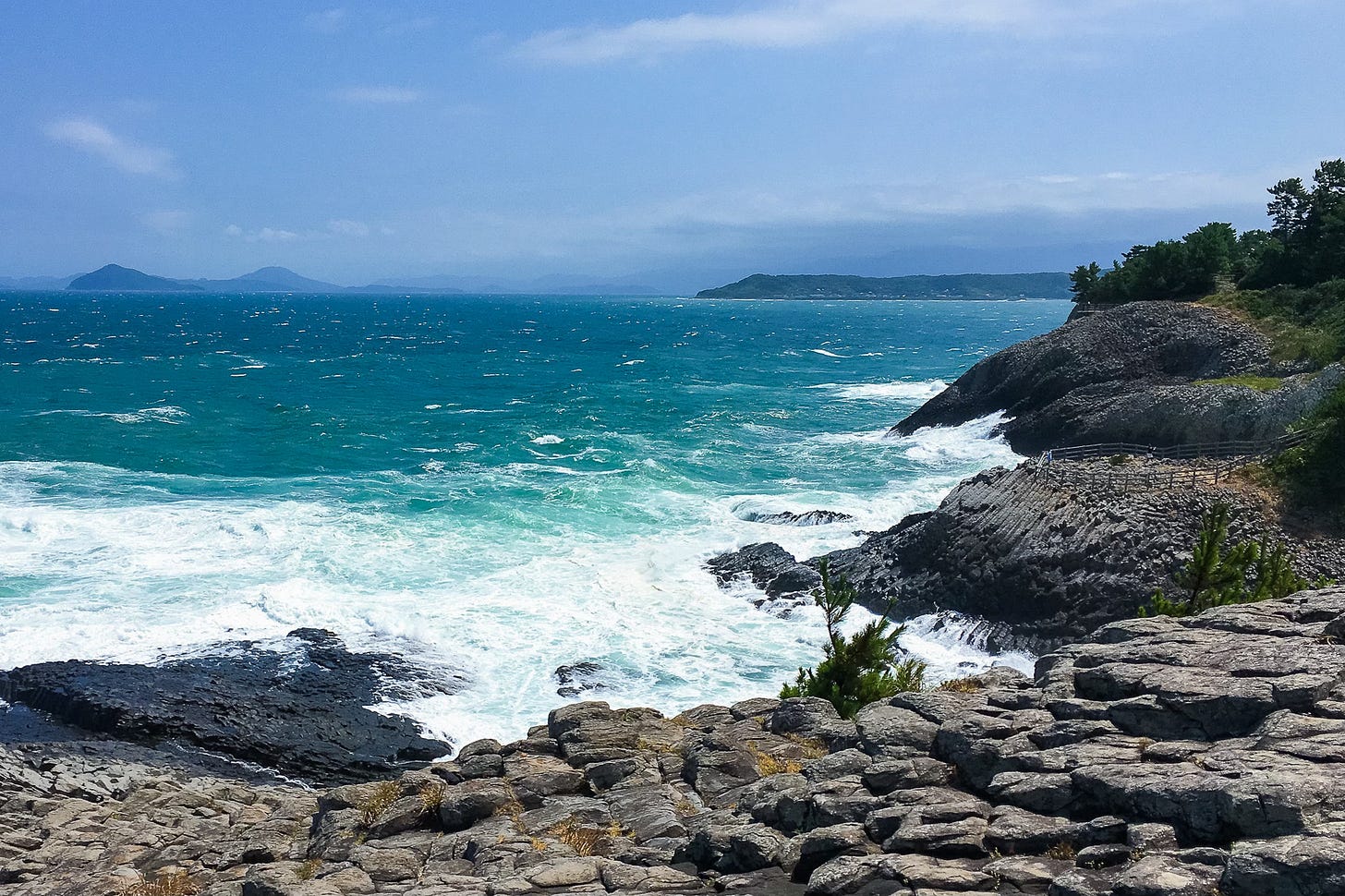
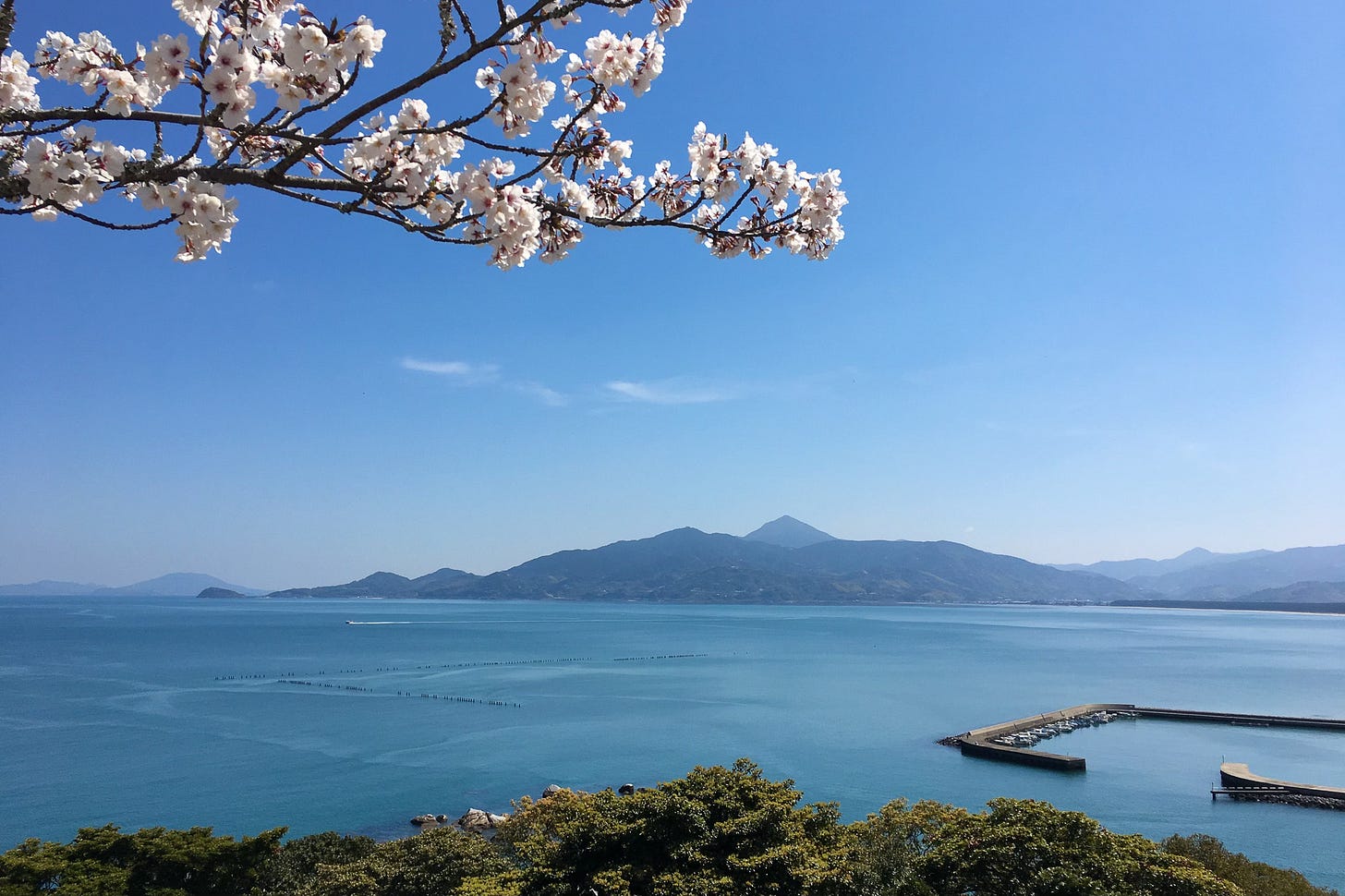
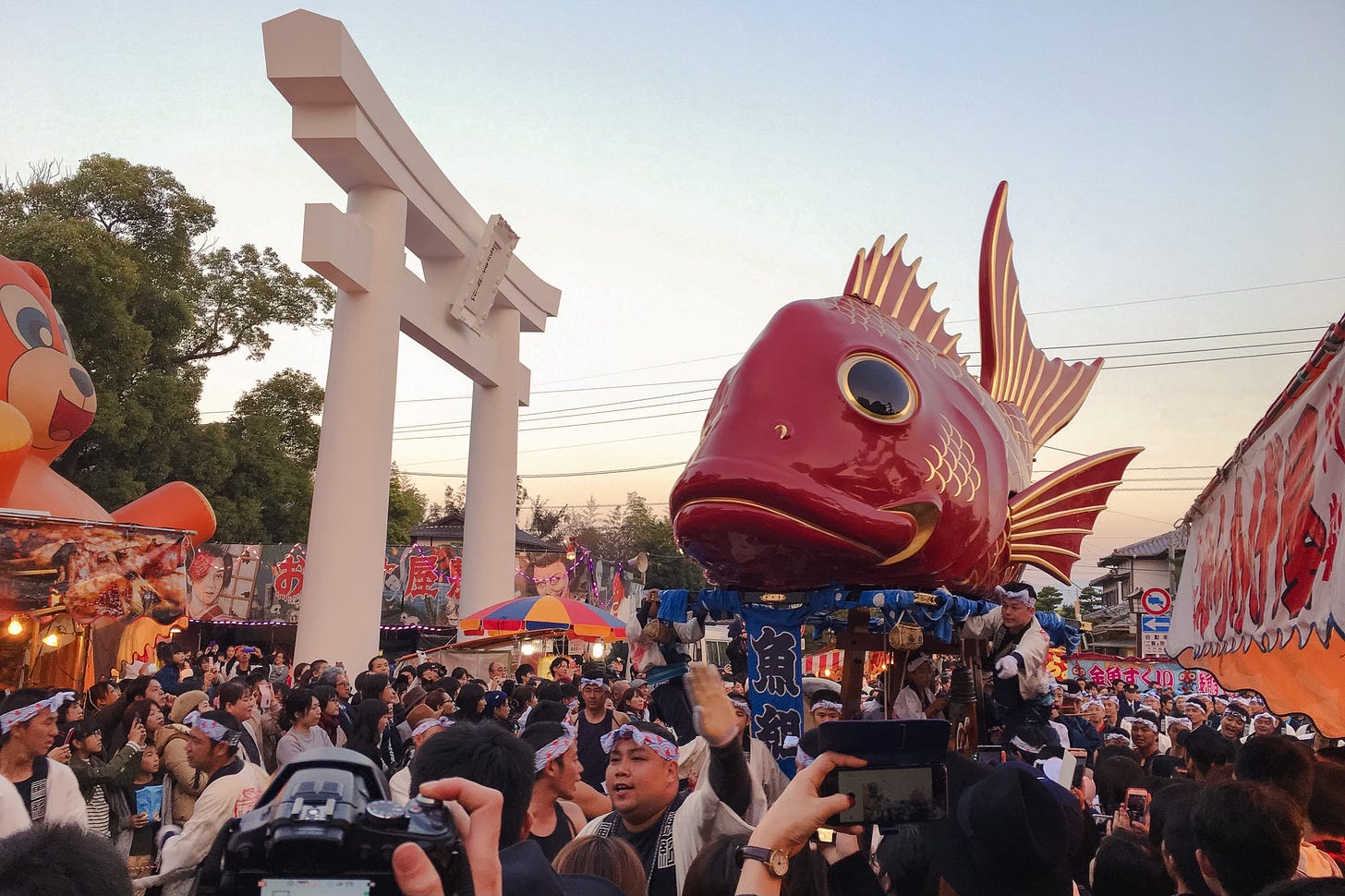

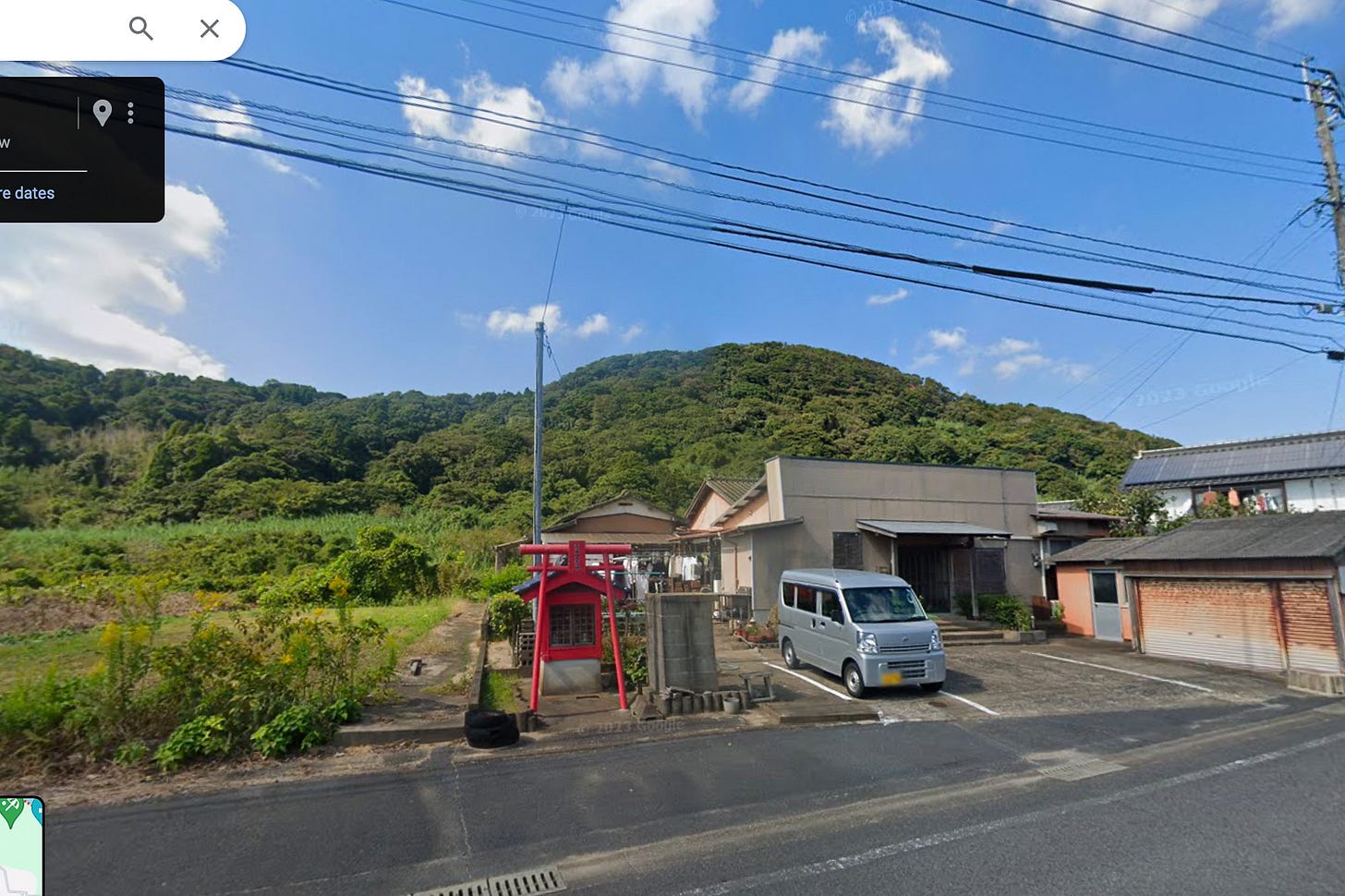
“…I am the child in Uganda, all skin and bones,
my legs as thin as bamboo sticks,
and I am the arms merchant, selling deadly weapons to Uganda.
I am the twelve-year-old girl, refugee on a small boat,
who throws herself into the ocean after being raped by a sea pirate,
and I am the pirate, my heart not yet capable of seeing and loving.
I am a member of the politburo, with plenty of power in my hands,
and I am the man who has to pay his "debt of blood" to, my people,
dying slowly in a forced labor camp…”
–“Please call me by my true names” by Thich Nhat Hanh